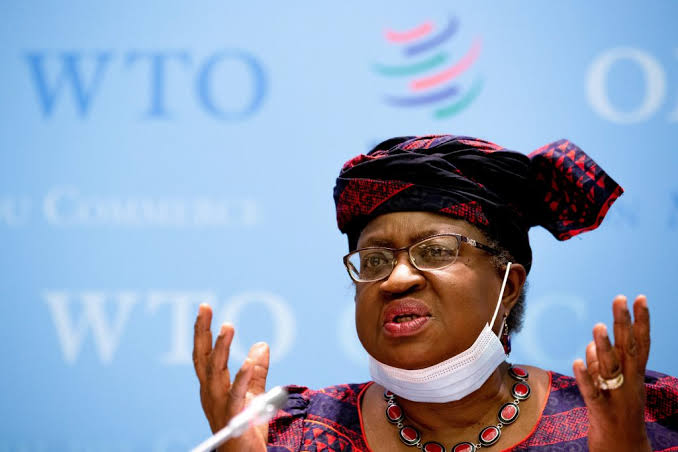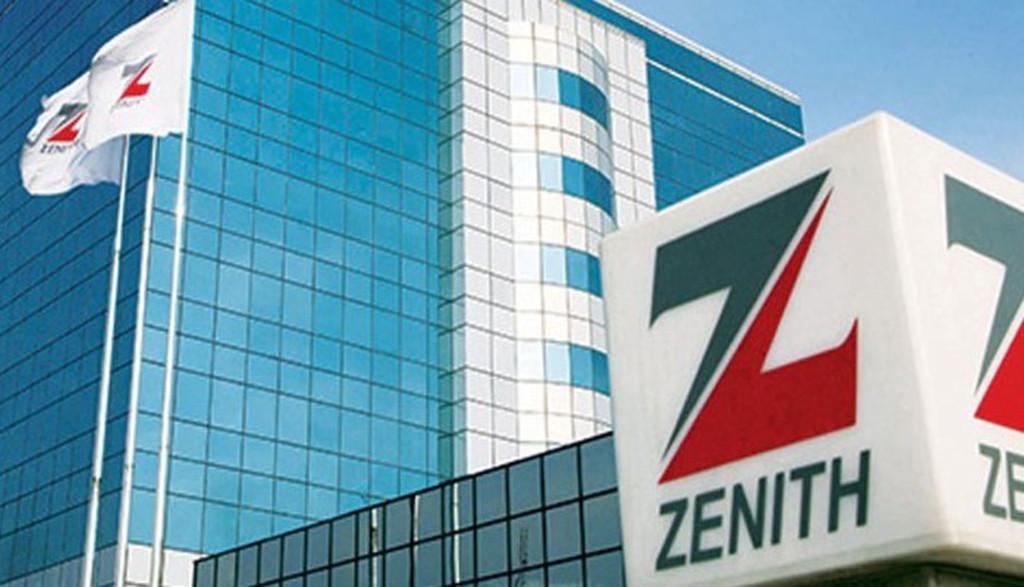The Director-General of the World Trade Organization (WTO), Ngozi Okonjo-Iweala, said countries not operating open trade could experience higher inflationary pressures.
Okonjo-Iweala said nations adopting rival blocs will cause greater price volatility, diminished competitive pressures and result in weaker economic growth.
Join our WhatsApp Channel“A world that turns its back on open and predictable trade will be one marked by diminished competitive pressures and greater price volatility,” she said at a recent Jackson Hole Economic Policy Symposium.
She added: “It would be a world of weaker growth and development prospects, a slower low-carbon transition, and increased supply vulnerability in the face of unexpected shocks.”
Okonjo-Iweala said many developing countries are facing financial instability and experiencing exacerbating debt distress due to inflation resurfacing in developed nations, forcing the richer countries to tighten monetary policy.
Further explaining the impact of countries trading in blocs, she stated that it will drag the real global gross domestic product (GDP) down by about five per cent.
She also affirmed that decoupling the world economy into two self-contained trading blocs will also lead to double-digit welfare losses for developed countries according to WTO economists.
Her statement comes amid geopolitical tensions between the European Union and Russia, the United States and Russia, China and the US, as well as the Russia and Ukraine war.
Okonjo-Iweala stated: “Despite all the tensions and scepticism around trade, overall trade costs for agricultural products, manufactured goods, and services have fallen by 12% over the past twenty years.”
According to the WTO chief: “In other words, despite some higher policy costs like tit-for-tat tariffs among major trading nations and rising non-tariff barriers, trading goods and services across borders has in aggregate become cheaper, once we account for improvements in transport, communications, regulatory, transaction, and information-related costs, alongside governance factors.
“This is significant because trade cost reductions have historically been a major driver of trade growth.”

















Follow Us